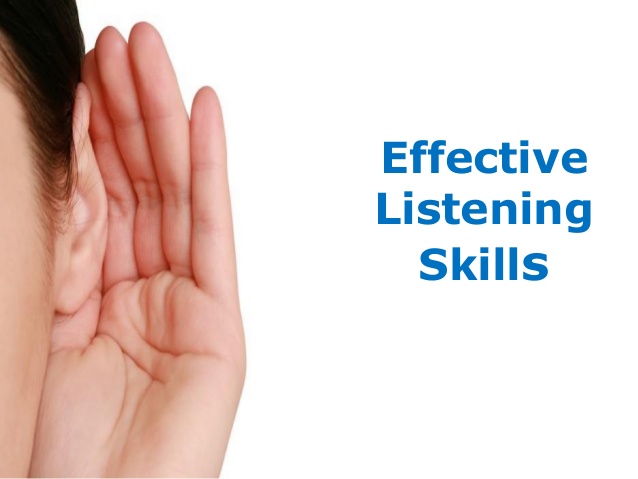B
The most important thing you can do when facing a customer, or anyone for that matter, is to engage in active listening. There is no greater way of displaying respect than listening attentively to what people have to say. Lean forward to show interest. Establish eye contact. Resist the temptation to glance at your watch. Devote full attention to the speaker.
The onus is on the listener to avoid prejudging, daydreaming, interrupting, criticizing the speaker’s delivery, reacting to emotional words and being distracted by the environment.
Focused listening can save time as well as improve communication and personal relationships. Show interest by giving the person your full attention. Listen for the ideas and don’t be distracted by the way the ideas are expressed. Half listening can waste time, cause stress because you lose track of what has been said, strain the speaker-listener relationship and result in costly misunderstandings.
People talk at roughly 125 words a minute while we listen at speeds over four times that fast. Since our minds must be busy doing something, we go on little mental excursions. We find ourselves thinking about other things. To prevent this from happening, let your “extracurricular thinking” revolve around the speaker’s comments. Think about the conclusions that he or she will probably arrive at, the evidence that supports claims being made, how the opinions stack up against those of other people you’ve listened to. Mentally review the points covered to date. In other words, keep focusing on what is being said at the time.
Limit your own talking, except to ask questions, and don’t let your mind wander. When you do speak, gain the respect of your clients more quickly by speaking more slowly. Since most people listen at only 25 percent of their capacity, you can improve communications by actually using the word “listen” in your conversation. This periodic reminder will stimulate their listening. Example: “Listen John, if I were to…..” The use of the word “listen” has been shown to have a positive impact on their listening.
There’s more to effective listening than meets the ear. It’s hard work. It requires an active participation in the communication process. It takes effort, practice. And it requires that we break habits that have been forming since childhood. One such habit is interrupting the speaker. We want to finish the speaker’s sentence for him or her either aloud or to ourselves. We’re impatient. Sometimes we can’t even tolerate pauses in the conversation. We want to rush in with our own words or thoughts. Even when we are not speaking, we’re frequently not listening. We are rehearsing what we are going to say in turn.
Effective listening can be learned. It requires greater mental application because it is an active skill. But like anything else, the right kind of practice makes perfect. So slow down, be patient, and lend an ear – maybe two.


Recent Comments